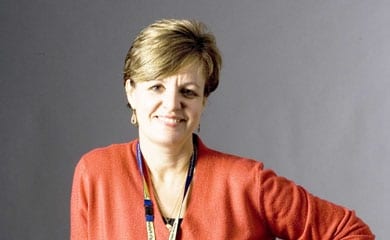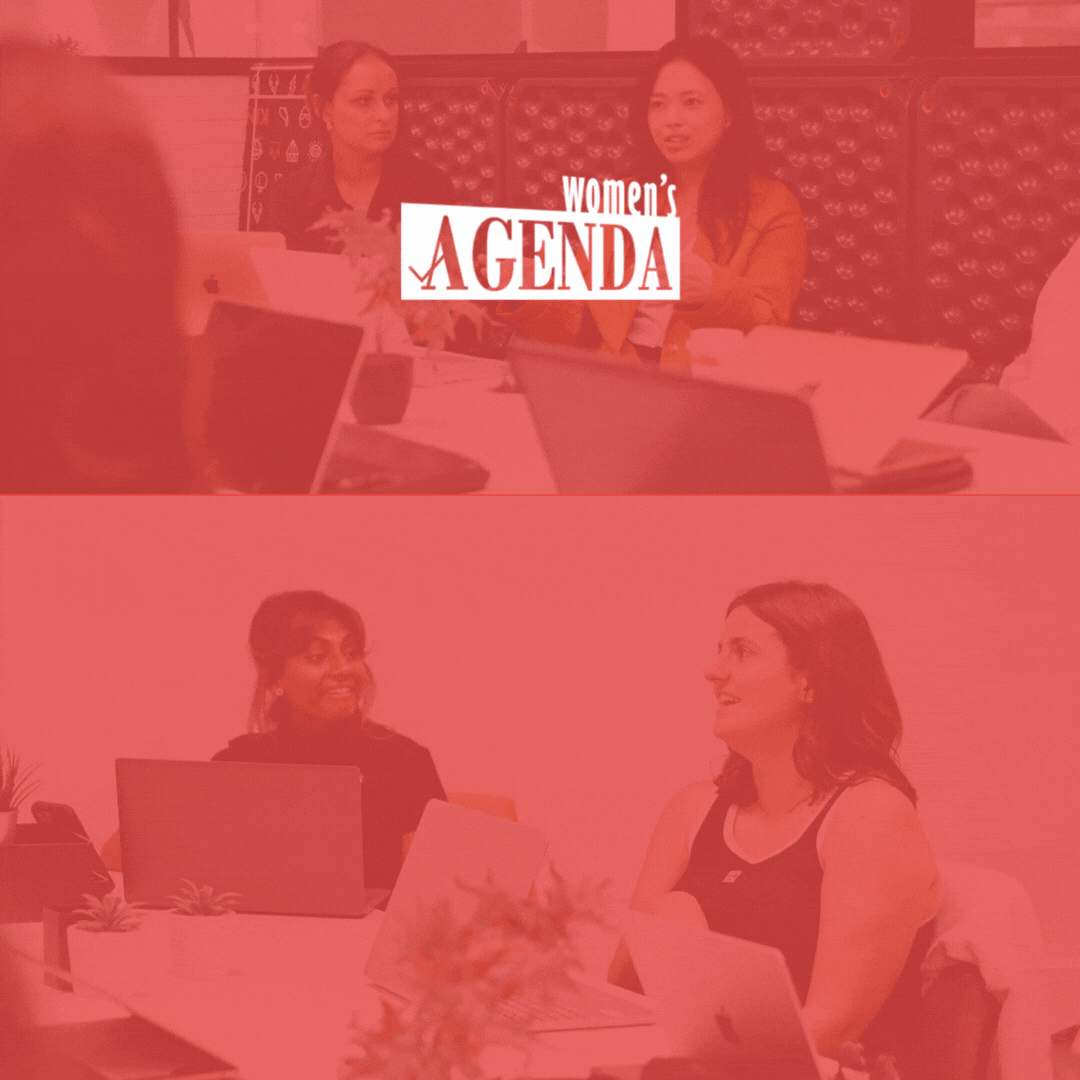
Janine Porter-Steele trained in the UK; as a registered nurse midwife and health visitor. Since coming to Australia she has completed a Bachelor of Nursing and Masters Degrees. She is currently undertaking PhD studies at Queensland University of Technology. Janine is a breast care and women’s health care nurse and is the manager of The Wesley Hospital Choices Cancer support. Programs, she is also clinical nurse manager of The Women’s Wellness after Cancer program at QUT. Janine has a strong focus on the management of menopausal and sexuality issues for women with cancer.
Growing up, what kind of career did you want to pursue?
I always wanted to be a nurse, I decided that when I was about 5 years old and never wavered from it, there weren’t and still aren’t any other nurses in the family. I am not sure why or what influenced me at that time but no doll, teddy, pet or family member was safe from bandaging practice. My younger sister still complains about being a victim of my inexpert ministrations!
Who inspires you?
I think the people who inspire me, women or men, are those who demonstrate humility and do what they do without thought for reward, kudos or their egos, so I am inspired by women like Catherine Hamlin. She co-founded the Addis Ababa fistula Hospital that provides free obstetric fistula repair surgery to impoverished women suffering childbirth injuries. I think her work is amazing and she has made a difference to thousands of women who would otherwise be enduring untold suffering and are often ostracised and pushed out of their communities.
Benazir Bhutto is another woman who inspires me, the first woman to lead a Muslim state, she not only fought for women’s rights, she ended military dictatorship, incredible in such a male dominated environment. She must have lived her life doing these things knowing her life was at risk and sadly was eventually assassinated in a suicide attack.
The nurses that served in military hospitals particularly during the First World War are another source of inspiration. I am so in awe that they sacrificed so much and put their lives at risk under the most appalling conditions with very little equipment to support, care for, and often save the lives of wounded soldiers. There must have been so many moments of pure terror, despair and utter exhaustion. It is gratifying that there now seems to be recognition of the important role they played during those times.
Who is most surprised by your achievements?
Me probably, but anything I have achieved is as a result of being in the right place at the right time with incredible passionate people!
How have women helped shape your success to date?
Success is about opportunity and usually someone giving you the opportunity to do something you are passionate about.
Dr Cherrell Hirst gave me the opportunity in 1998 to work in the Kim Walters Choices Program (Choices), first as a breast care nurse, then the manager. She allowed me to grow and develop a shared vision, which was about supporting women with breast cancer throughout the treatment trajectory and beyond. What started as a two hour drop in centre is now a full time cancer support and wellness centre for men and women regardless of the cancer type.
A few years ago Choices was lucky to be asked by Professor Debra Anderson to be involved in a program called the Pink Women’s Wellness program, a 12 week lifestyle intervention for women after breast cancer. I loved this program, being able to provide simple practical support to women to alleviate side effects after treatment, and help them get their lives back on track was massively rewarding. I have also been so lucky to be involved in the new wellness programs both on steering committees and part of the project team and especially delivering the intervention. This involvement has led me to working towards a PhD focusing on managing sexuality concerns after a cancer diagnosis and treatment.
What qualities do you most admire in a female colleague?
Qualities of leadership, in the sense of innovation, collaboration, compassion and passion. I think also, those women who advocate for others, care for others and put them before themselves.
What’s the key to successfully balancing work and life?
Oh that’s a hard one, I absolutely know how important it is, spend a lot of time telling my patients to do it, but honestly not sure I have learned that one myself yet
If you had an afternoon to yourself, how would you spend it?
Probably cleaning the house… see what I mean?
Who do you regard as your mentor?
Professor Debra Anderson, she has all the qualities I most admire. She has this amazing way of acknowledging everyone in the team (and there are a lot of us) and making us all feel valued. She also has that humility and compassion and great sense of humour that I think makes such a difference when you work with someone, for her it’s all about the team and what the team can achieve, for me those are important leadership qualities, she makes sure everyone has the opportunity to achieve and “shine” She is truly collaborative, supportive and great to work with and for.
What personal attributes have you used to overcome adversity in your life?
I am not sure they are necessarily always attributes but determination and a good sense of humour has helped in this regard. If I really believe in something I will leap over, go round, remove or do whatever to remove obstacles. I hate injustice and will advocate endlessly if I have to. Life wasn’t especially easy growing up for a variety of reasons, it would have been easy to be disappointed and bitter but instead it had the opposite effect for me and my sisters, we all developed a determination to succeed in our chosen careers and make a bit of difference if we could for others, especially those who were having a similar struggle with life. We all have a black sense of humour which is great when we are together but maybe not so good when others are around.
If you could make one change to women’s lives, what would it be and why?
That women with a cancer diagnosis regardless of the type of cancer, or where they live, or how much money they have; receive the best support, sharing and information. Evidence based research and endless anecdotal information, demonstrates improved quality of life and survival for people with cancer if they receive expert support which includes clinical and peer support, yet still women who are geographically isolated or who have rare an unusual cancers don’t always have access to this kind of help. The women’s wellness programs help address this which is why I love being part of the team involved in developing and delivering it.
What is the hardest part of your job?
Trying to support a person and their loved ones when they have received news the cancer has come back, or when they are diagnosed with a rare aggressive cancer. Witnessing the emotional pain they all go through which is probably far harder to manage than any physical pain, is the hardest part of my job, I never feel immune to it, it’s the bit I wish I was better at.
What advice would you give to someone aspiring to success in your field?
Be passionate and believe in what you do, advocate, collaborate, listen and keep learning from the women / patients and the team you work with.


